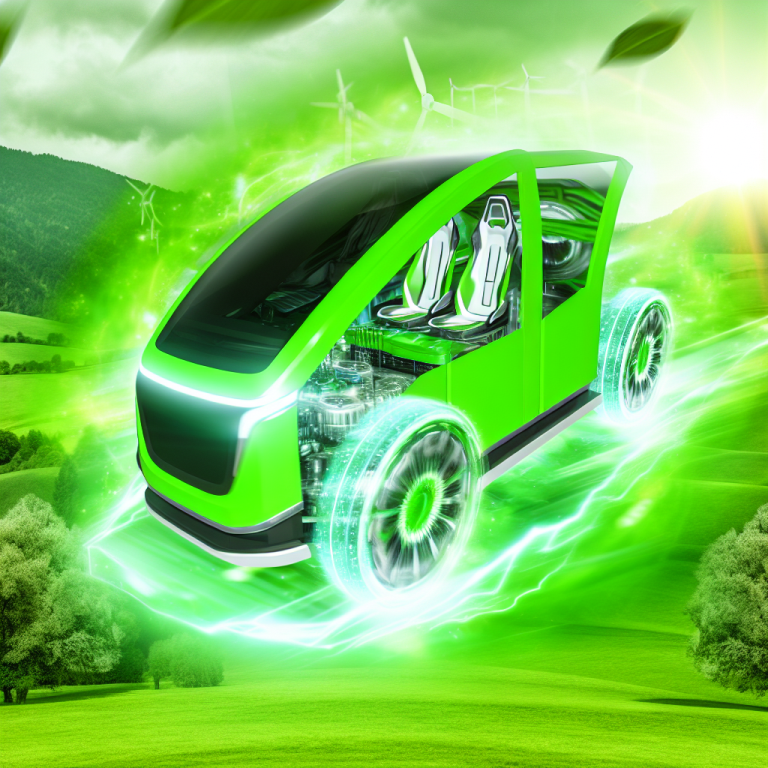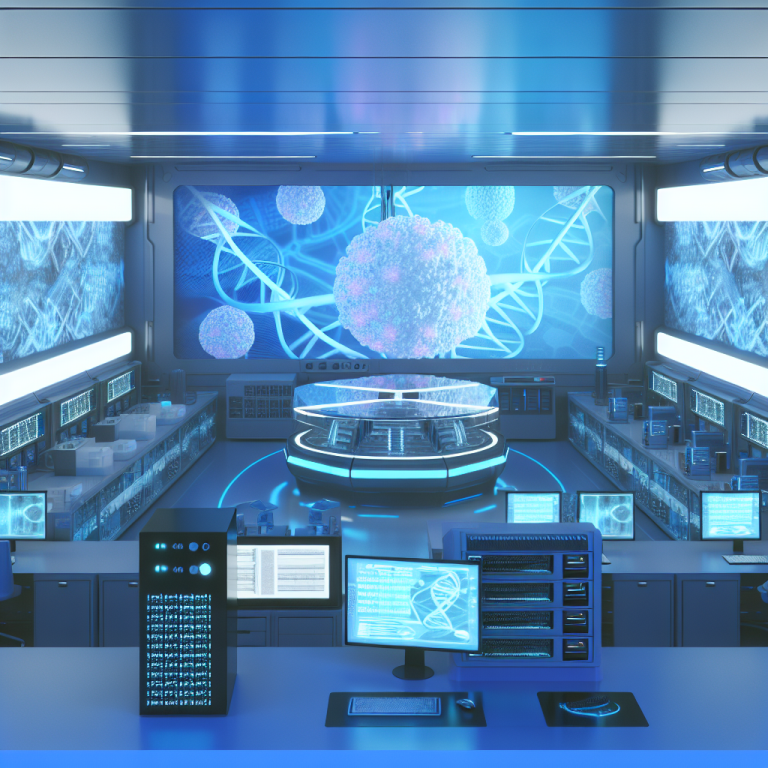In order to make transportation more environmentally friendly, new inventions and creative adaptations are essential in order to decarbonize the sector. According to the Intergovernmental Panel on Climate Change, around 15 percent of net anthropogenic greenhouse gas emissions come from the transportation sector. It is crucial to find ways to transport people and goods from point A to point B without relying on fossil fuels in order to meet global climate targets.
A recent special report has explored innovative ideas for greening transportation and transforming the way we travel. One major focus is on electric vehicles, with the aim of significantly reducing emissions. Another key area of innovation is in aviation, where developments such as the introduction of hybrid-electric propulsion systems could revolutionize the industry.
Internal combustion engines in cars and vans have been a major source of carbon dioxide emissions in the transportation sector, accounting for almost half of the total emissions in 2022, as reported by Statista. The push towards electric vehicles has been gaining momentum, with companies like Influit Energy working to commercialize new types of flow batteries that could provide a more energy-dense and efficient alternative to traditional batteries.
The car industry has also been exploring innovations in power electronics, electric motors, and batteries that could have applications in airplane design. For example, GE Aerospace and Boeing’s Aurora Flight Sciences have joined forces to develop a hybrid-electric propulsion system for a 150-to-180-seat airplane. This project aims to modify an existing aircraft using a combination of traditional engines and electric propulsion units.
In the maritime industry, there is a pressing need for fundamental advancements in order to reduce emissions. Many commercial fleets still rely on diesel fuel, but the industry is working towards achieving net-zero emissions by 2050. One proposed solution is the use of small modular reactors (SMRs) as a more sustainable power source for cargo ships. These next-generation reactors could offer a safer and more efficient alternative to traditional nuclear reactors.
While the challenges posed by climate change may seem daunting, engineers and researchers are hard at work developing solutions to address these pressing issues. Rather than succumbing to despair, they are actively seeking innovative ways to make transportation more sustainable and reduce its impact on the environment. The future of transportation will undoubtedly rely on a combination of new inventions, novel adaptations, and a commitment to greener technologies.




